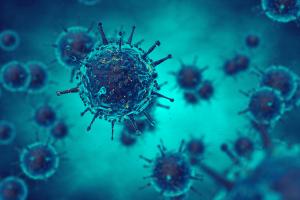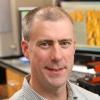Infectious Disease

The understanding and treatment of infectious disease benefits from multiple engineering approaches, including computational modeling of metabolic networks in pathogens, predictive models of host-pathogen interactions, technology to probe single human parasites, rapid identification of pathogens in clinical samples, and devices for preventing the spread of drug resistant bacteria in hospitals.
Affiliated Faculty

Bryan Berger
Bryan received and his PhD in chemical engineering from the University of Delaware. He was a post-doctoral fellow in the department of biochemistry & biophysics at the University of Pennsylvania School of Medicine. Currently Bryan is associate professor of chemical engineering with a joint appointment in biomedical engineering.

Philip E. Bourne

Sepideh Dolatshahi

William H. Guilford

Brian P. Helmke
Brian Helmke researches the relationship between cell mechanics and cell function using new tools in materials science and molecular biology, with a focus on cardiovascular disease. His laboratory employs a multidisciplinary biomedical engineering approach to understand the relationship between intracellular mechanics and cell function.

Jason Papin
Jason Papin, Professor in the Department of Biomedical Engineering, develops computational models of cellular networks and performs experiments to characterize biological systems relevant to human disease. After his training in Bioengineering at University of California, San Diego, Jason Papin joined the faculty at University of Virginia in 2005.
More about Infectious Diseases Research at UVA
Global Infectious Diseases Institute
Targets three major 21st century concerns: diarrheal disease in children, pandemic threats, and superbugs. Affiliated Faculty: Papin, French, Kelly, Peirce-cottler, Guilford, Helmke, Janes, and Kasson.
Carter Immunology Center
48 investigators conducting research linked to defective immune response. Established in 1991 to develop and sustain a program of research and training of international stature.
